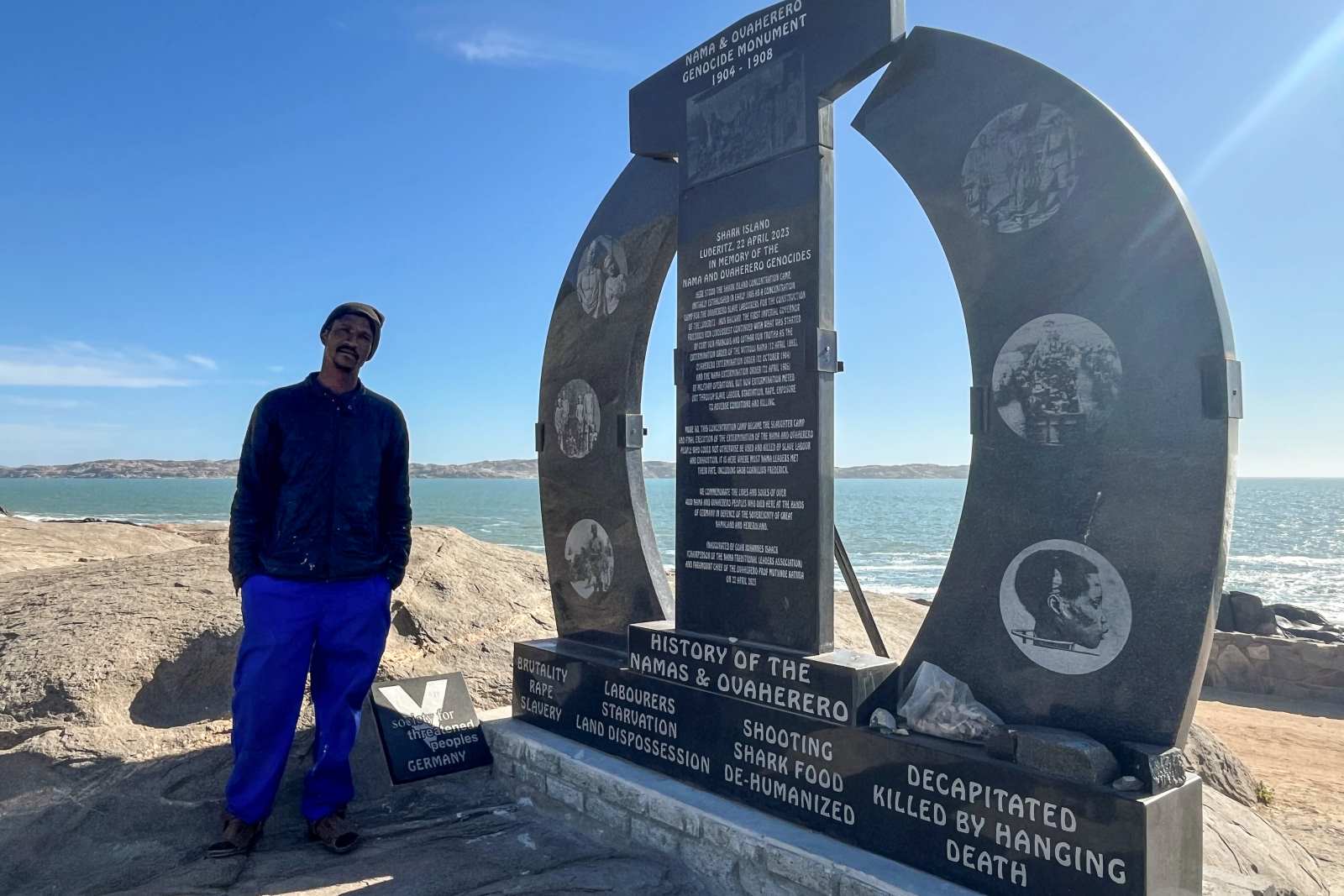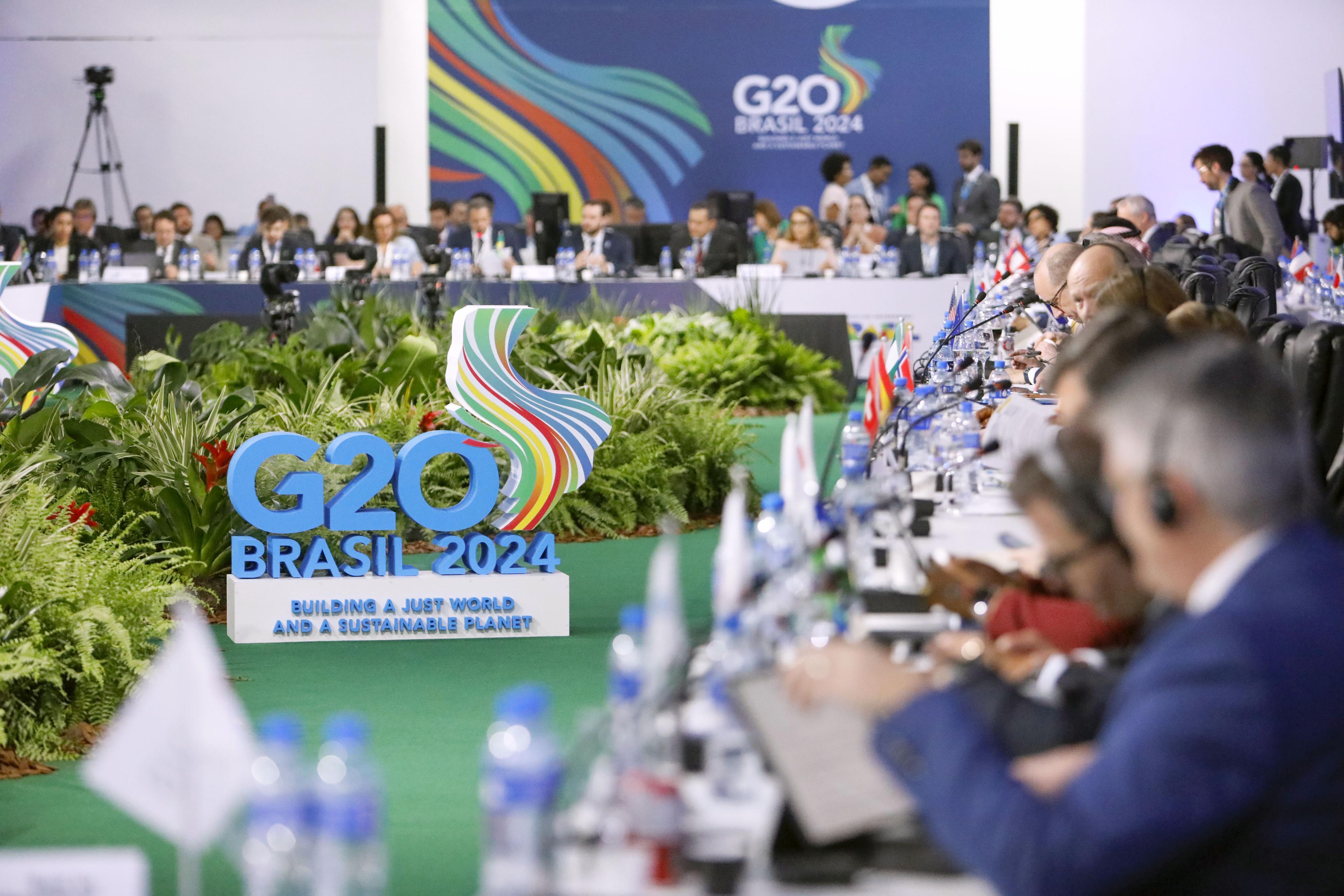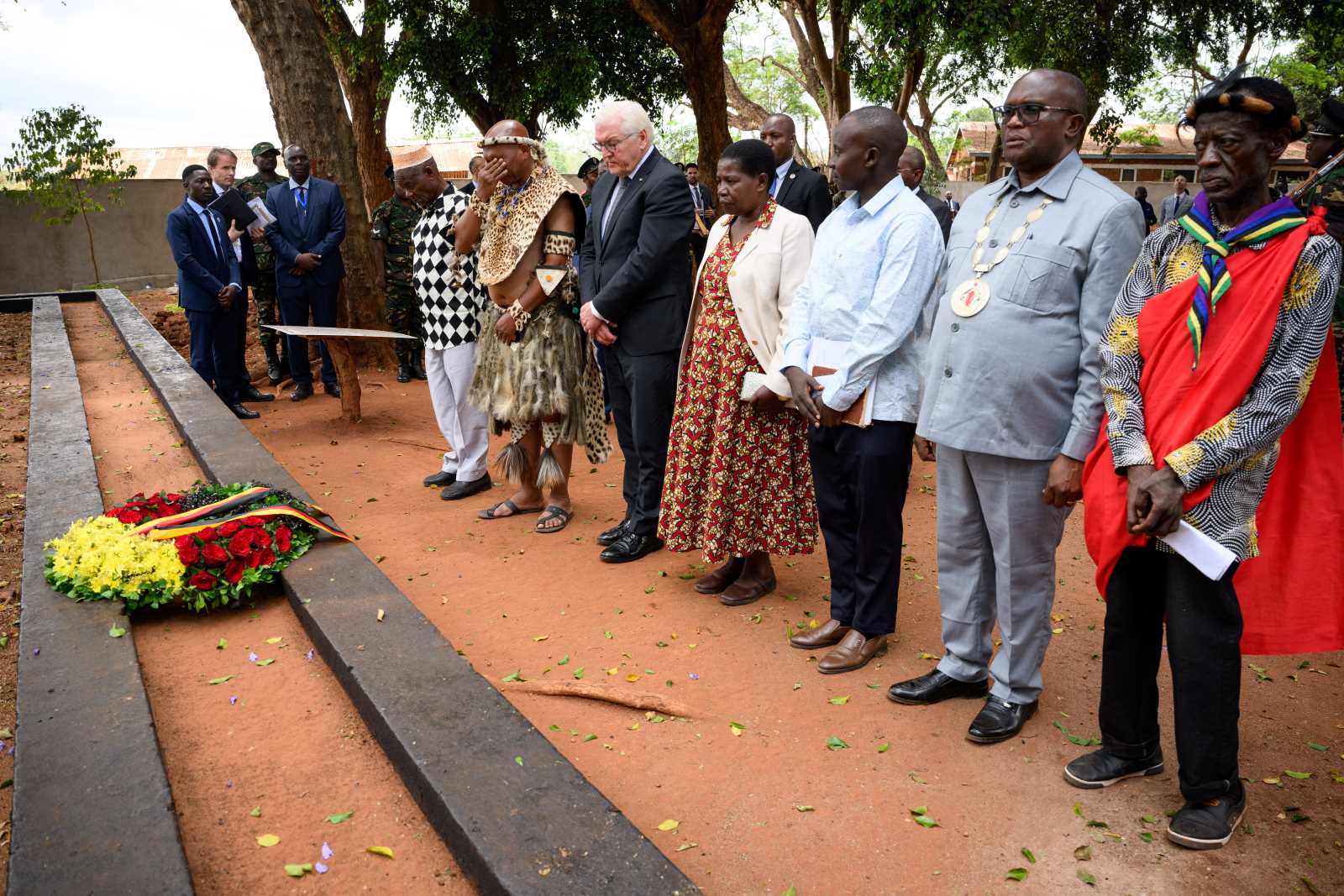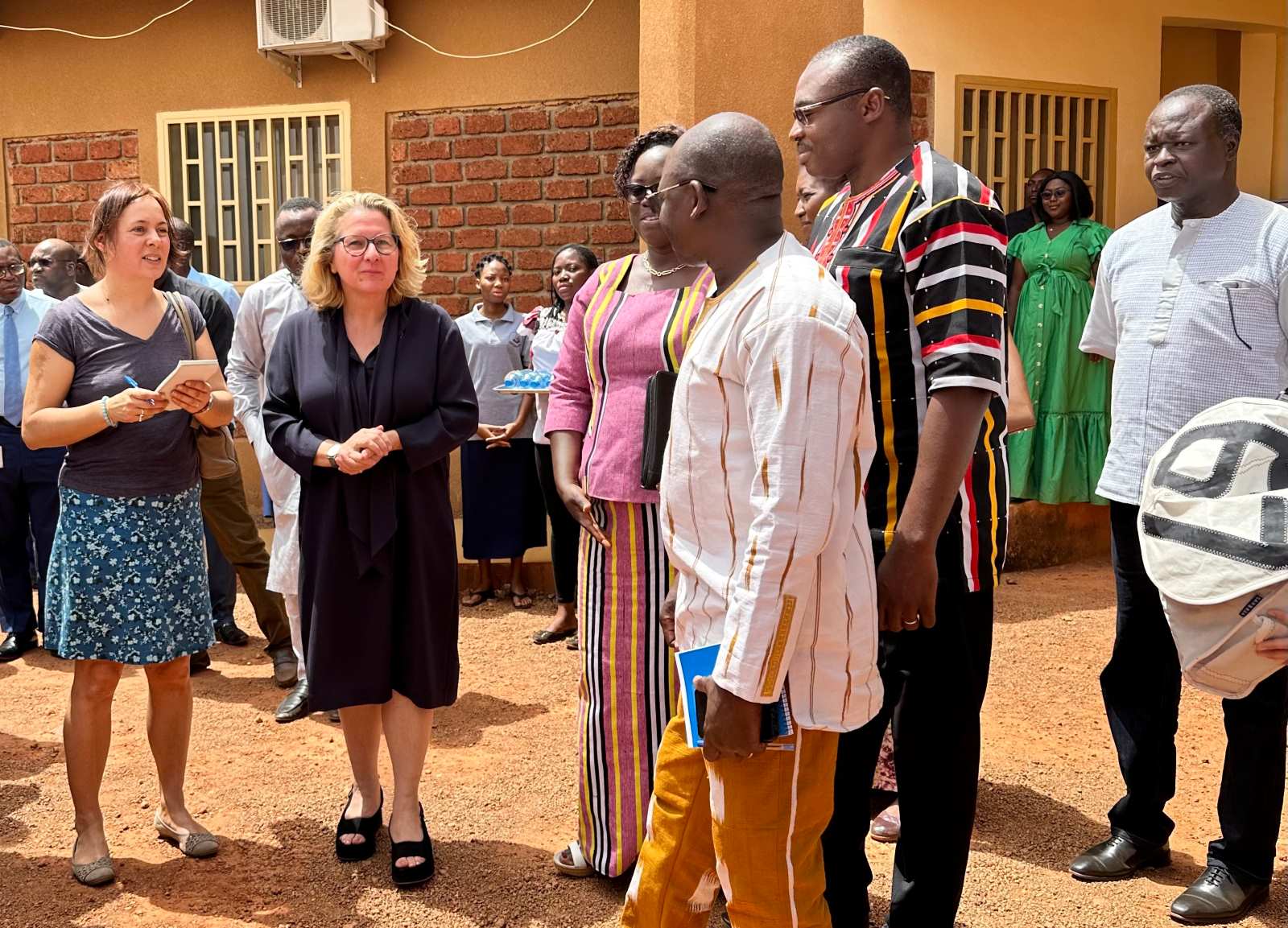Overcoming colonialism
Cooperation, not assistance: overcoming colonial patterns

From November 1884 to February 1885, European colonial powers laid the foundation to partition Africa among themselves at the so-called Berlin Conference – with no regard for the interests of the people living in the territories in question. Oppression and exploitation followed. Today, 140 years later, the negative consequences of colonialism can still be seen, as the Focus section of our Digital Monthly edition from November 2024 describes.
Colonial patterns also persist in international relations, not only because of the continued economic dependence of low-income countries, but also because some forms of “development cooperation” better serve the interests of donors than of people in recipient countries.
“There is no small number of aid givers who often mirror colonial hierarchies while recipients are left navigating the scars of dependency and diminished agency”, said Martin Kimani. He was the Permanent Representative of Kenya to the United Nations and is the Executive Director of New York University’s Center on International Cooperation (CIC). According to him, there is “an unspoken assumption that the global north holds the solutions while the south remains a passive recipient of knowledge, capital and expertise”. As a result, he claimed, development often reinforces dependency rather than fostering self-reliance.
Kimani sees various “echoes of a colonial logic that values control over collaboration”, including:
- aid that requires compliance with foreign priorities,
- technical assistance that is detached from local realities and
- policies shaped by foreign experts.
Rethinking development policy: How to confront coloniality
Martin Kimani spoke in December at a conference organised by Germany’s Federal Ministry of Economic Cooperation and Development (BMZ) entitled “Rethinking development policy: How to confront coloniality”. Participants from civil society, academia, politics and business discussed what fair development cooperation could look like. It was the first public event by the BMZ to address colonial continuities in international cooperation at the highest level. It took place in Berlin and was streamed live online.
Participants made direct reference to the 1884/85 Berlin Conference. Development Minister Svenja Schulze called it an “abhorrent key moment in colonialism” and an “expression of the sense of superiority that we still unfortunately encounter today, 140 years later”. According to Schulze, Germany has not yet adequately addressed its own responsibility, though it has made a start.
Schulze stated that the BMZ wants cooperation to become more partnership-oriented in the future. For example, the ministry is working increasingly to dismantle asymmetrical power structures in the international system, for instance by promoting more participation from countries of the global south in international financial institutions.
Birgit Pickel, Director-General Africa at BMZ, emphasised that it is necessary to move away from the donor/recipient mindset and take partners’ priorities as a starting point. The BMZ could provide more support for local and regional initiatives, expand instruments like south-south and triangular cooperation and better integrate local and precolonial knowledge, she said.
Reforming international cooperation
Martin Kimani emphasised that challenges like weak state capacity, fragile legitimacy and economic vulnerability are not merely the results of mismanagement by African leaders but can also be attributed to the persistence of the colonial legacy in the state structures of many African countries. “Most African states were never designed to serve their populations,” he said.
As a remedy, Kimani suggested better implementing reforms that are already underway and “revolutionising” international cooperation. While Germany needs a new growth model, Africa, with its young population, rapid urbanisation and economic potential, “offers a pathway to mutual renewal and growth,” according to Kimani.[JD1] The goal should be a “genuine partnership”. Germany could profit with regard to its economic resiliency and geopolitical relevance, for example, Kimani said.
Overcoming unequal structures
At the moment, actors from the global south often feel like second-class citizens in their own country, said Dylan Mathews. He is the CEO of the British-American civil-society organisation Peace Direct, which published a report in 2021 entitled “Time to decolonise aid”. It addresses, for example, the unequal power dynamics in the international aid system. “In the pursuit of helping[JD2] , we have actually harmed,” claimed Mathews. The agency of local people has been undermined, he continued, by the assumption that they have nothing to offer.
For Mathews, it is important to consider what “success” means in a development context. Instead of just paying attention to technical outputs, he believes that experts should develop a deeper understanding of the long-term transformation of societies. He argued that change must start with examining one’s own ways of thinking and speaking. It begins with the word “development”: whose development are we talking about? And on what terms?
More discussion with partners
The participants praised the BMZ event. Martin Kimani described it as an “essential step towards reshaping the systems of international cooperation that define our collective future[JD3] ”. The audience, however, also made some critical remarks. For example, one audience member faulted the fact that the podium discussion did not include any representatives from Germany’s former colonies. The topic of reparations for the descendants of the victims of colonial rule was also brought up.
How should Germany come to terms with its own colonial past? What consequences does it have for current development policy? Whichever government is in office after the upcoming parliamentary elections will have to confront these questions.
Links
BMZ: Recording of the event on 4 December (in English, German, Spanish and French):
https://www.bmz.de/de/aktuelles/rethinking-development-policy-how-to-confront-coloniality
Peace Direct, 2021: Time to decolonise aid.
https://www.peacedirect.org/time-to-decolonise-aid/
Jörg Döbereiner is the managing editor of D+C.
euz.editor@dandc.eu


















